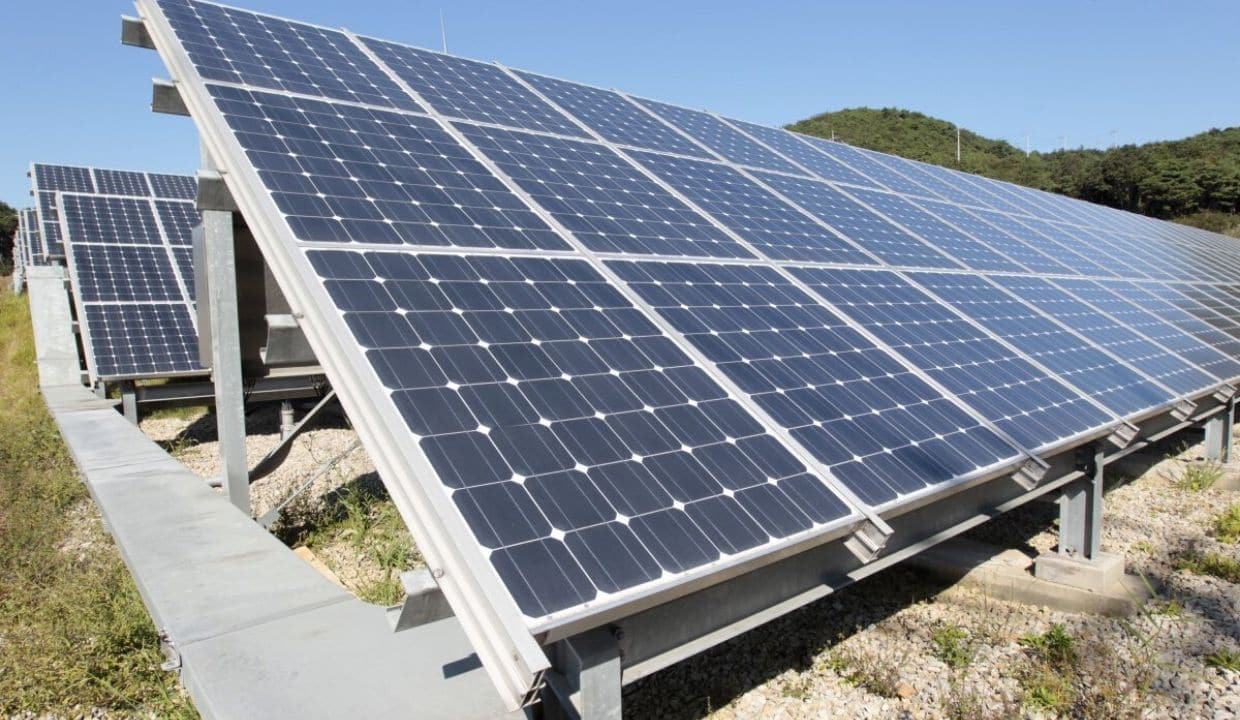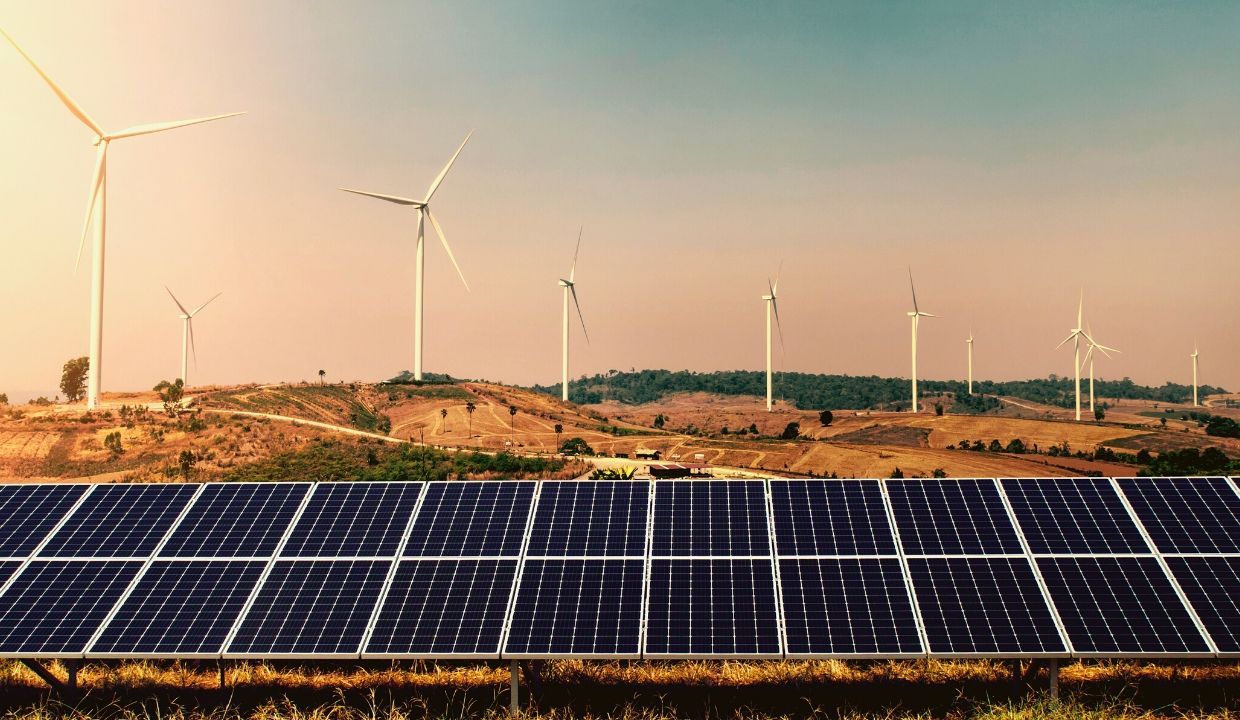Vietnam is facing pressure on rising energy demand. While public finance and concessional funding are not sufficient, encouraging private sector participation in Vietnam renewable energy sector has gained support.
According to the National Electricity Development Plan, approved by the Government, the total installed power capacity of the whole country will increase from 47,000 MW to 130,000 MW by 2030. Thus, more than 80,000 MW of new electricity is needed to be built and put into operation in the next 10 years, along with the transmission and distribution of infrastructure. Vietnam’s priority in this period is to promote the development of renewable energy such as solar and wind power… and gradually reduce its dependence on traditional forms of electricity generation.
In terms of investment capital, from now to 2030, the electricity industry needs 148 billion USD. Although Vietnam Electricity (EVN) and Vietnam Oil and Gas Group (PVN) will continue to play an important role, new investment in the electricity industry still needs to be mobilized from the private sector.
Representatives of the World Bank and Asian Development Bank (ADB) all support Vietnam to develop sustainable energy and encourage the private sector to participate in the renewable energy sector, as well as electricity generation and transmission.
According to Country Director of the World Bank in Vietnam, public sector finance and ODA will not enough to meet the huge investment needs of the electricity industry. Therefore, Vietnam must strengthen mobilization of alternative capital sources. The Government needs to seek and implement solutions to mobilize more private investment for the electricity industry.
Vietnam is a country with abundant and diverse renewable energy sources. Studies show that by 2030, Vietnam has the capacity to develop 20,000 MW of wind power and 35,000 MW of solar power.
It is worth mentioning that the advancement of technology has made the cost of producing renewable energy cheaper and cheaper. According to McKinsey & Company, a global consulting firm, in Vietnam, the cost of solar electricity has dropped by 75% and wind power by 30% from 2012 to 2017. This trend continues to decline and renewable energy is becoming a source of new and cheap electricity production.
The development of renewable energy also helps Vietnam to reduce 60% of imported fuel, as well as reduce the risk of fuel price fluctuations. Investing in renewable energy also promises to create more than 465,000 new jobs in the future.
Investing in renewable energy from the private sector in Vietnam has seen many positive signals. According to data from the Ministry of Industry and Trade, there are more than 330 solar power projects that have been waiting for approval and added to the electricity plan. Among them, 121 projects have been approved in addition to national and provincial electricity plans, with a total generating capacity of 6,100 MW by 2020.
To date, the total registered capacity for solar power investment has reached more than 26,000 MW. Among them, there are many large projects, such as a private investment project located in Ninh Thuan province, with a cluster of 3 factories, with a capacity of up to 330 MWP, has joined the national grid in April 2019 .
This will be the largest solar power plant in Southeast Asia, with a total of more than 1 million panels, with a total investment of more than 7,000 billion VND. The project contributes to reducing nearly 304,400 tons of CO2 emissions into the environment every year.
According to representative of World Bank and ADB, mobilizing private capital to develop renewable energy is a suitable direction with the strategy and objectives of the Government of Vietnam in the current period. Importantly, the Government needs to establish a transparent, more accessible, and more affordable project approval mechanism, and set out a market with electricity prices at a feasible level and regulate power purchase contracts in the direction of reducing risks for investors.
Finding the right business partner in Vietnam is also important. We recommend doing research on the reputation of the company and individual shareholders, corporate or individual, gathering publicly available company information, and performing background checks on key personnel to find potential risks in cooperation. Working with a reliable partner can help achieve economic benefits, saving time and money in business.
How ANT Consulting Could Help Your Business?
Please click here to learn more about ANT Consulting or contact our lawyers and consultants in Vietnam for advice via email ant@antconsult.vn or call our office at +84 28 730 86 529







